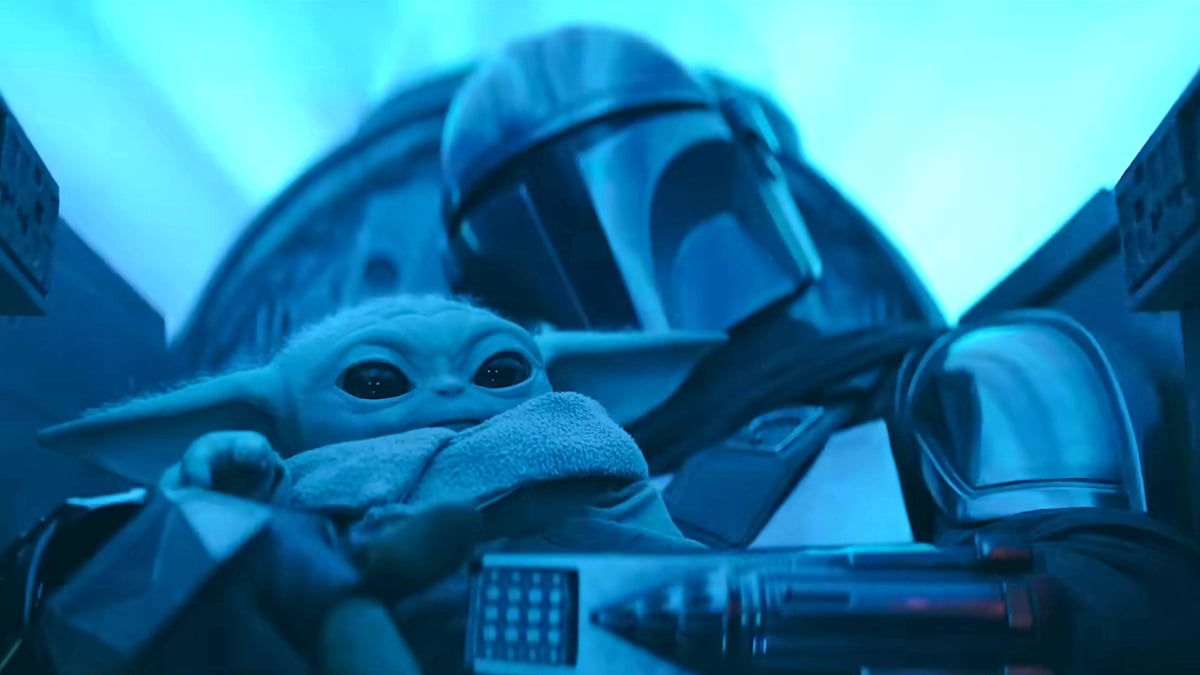For a hugely influential science fiction saga, there wasn’t too much Star Wars to go around for many years. Of course, there was a steadily expanding empire of extended media, but Disney launched an effective rebellion against that when they purchased Lucasfilm in 2012. With a massively trimmed-down core canon, Disney readied the stage for a new generation of live-action movies and series.
But even with The Mandalorian, The Book of Boba Fett, Obi-Wan Kenobi, Andor, and countless animated series, there’s still not as many as there could be.
The Mandalorian has built a steady reputation since launching Star Wars’ live-action life on Disney Plus in 2019. Reaching its third series in 2023, one question remains. No, it’s not about the fate of Mandalore, the Darksaber, or Moff Gideon’s survival after the Empire’s collapse. But why are its episodes so brief?
Is there a reason why episodes of The Mandalorian are so short?
Anyone who’s watched an exclusive series on Disney Plus will be familiar with the extended credits that eat up a big part of any episode’s runtime. Streaming on the subscription platform, there’s no bolstering for adverts either, but even so, The Mandalorian’s chapters are noticeably short.
The season three premiere has a runtime of 35 minutes. That’s significantly shorter than the second season opener, which ran at 51 minutes. It even beats season one’s first episode, which was a lean 38 minutes.
In fact, it manages to be the shortest premiere of any live-action Star Wars series. If you’re after a winner, Obi-Wan Kenobi’s opener was 52 minutes long.
It seems that Lucasfilm intends to keep Mando’s adventures as brief as the bounty hunter’s speech. While many viewers appreciate a lean episode duration, it’s not necessarily appreciated in fandom. For some fans, half an hour is a length they associate with comedy shows rather than drama, even if lightsabers are included. And dammit, why would they deny us less of Baby Grogu?
The showrunners haven’t volunteered an answer, although one good reason is quality. Mandalorian got a lot right by not doing too much and not taking too long to do it. Yes, creator Jon Favreau has taken the bounty hunter approach seriously since the beginning. Brief episodes add up to a very long movie come the end of a series, emphasizing quality and the assurance that every part, including CGI, maintains a high standard and achieves good results.
Certainly, the showrunners haven’t seemed too bothered by fans’ concerns that they are being shortchanged. Quite the opposite, suggested Jon Favreau when he promoted season three and the confirmed season four. In a recent podcast interview, the executive producer emphasized his show’s famously jaw-dropping moments.
“I hope that – that’s the goal,” he said. “I don’t know about breaking the internet – but the goal is that we have enough things happen each episode that everybody wants to jump around the digital kitchen table and talk about, and argue about, and guess to what is going to happen next.”
Favreau continued, “I think the fun part of it is that it’s a big conversation and people are excited. And that’s part of what you get to do in television that you don’t get to do in movies; with movies, you build up to it, everybody sees it, everybody talks about it, and then they wait. And maybe another one a few years later. Here every week another one’s hitting. I like that we’re on Disney Plus where it’s each week is another episode, it’s not all dropped at once, so it allows for a back-and-forth. And I love to see if we guessed right, I love to see which ones the people react to better, and ultimately get the report card if we’re doing our job well.”
Favreau’s concentration on the content of each episode, no matter its runtime, reiterates that each episode of The Mandalorian is a chapter. After all, Star Wars has always prided itself on being a sequential narrative – an emphasis on what happens and not how long it takes is consistent.
As Grogu taught us as far back as the first episode of the first season, good things come in small hovering prams. No doubt, Babu Frik agrees.

